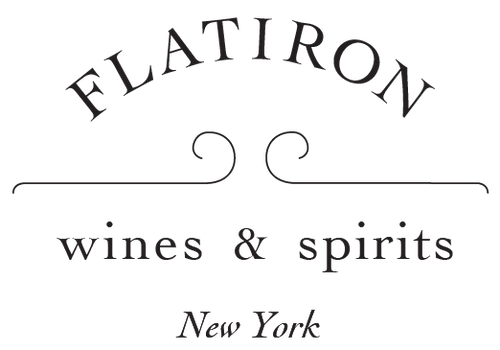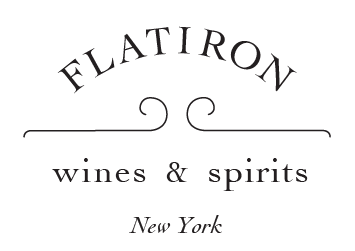
Difficulty level: Wine 101
Julia Burke, DWSET, has been noticing a shift in the quality and style of the wines she's been tasting from Argentina over the last couple of years. Ambitious, elegant and better than ever, these wines bear little resemblance to some of the jammy Malbecs of the mid 2000s, and are instead fabulous expressions of terroir. So she went to Mendoza to see what all the fuss was about.
Fresh off a recent visit to the heart and soul of Argentina's wine tradition, Julia is excited to share what she learned, and taste the new face of Argentina with you. We'll look at the geographic layout of its top regions, explore trends and innovations, and enjoy some fabulous wine.
This class will begin at 6:00pm on Tuesday, November 19 and run for approximately 90 minutes. Wines tasted in class will be available for purchase with a discount available to attendees only.
Each class begins at 6pm. Unless otherwise noted, classes will last approximately 75-90 minutes. Seating is limited and we encourage early arrival if you wish to sit together with your party. If your plans change, let us know as soon as possible: refunds can only be issued when notice is given 48 hours before the start of class.
Meet your instructor

It’s hard to believe that there’s a Burgundian style of wine that could be considered under-appreciated, but in our opinion, the humble passetoutgrain is exactly that. It’s an easygoing blend of Pinot Noir (naturally) and Gamay, a lingering reminder of that grape’s long history in the region (until Philip the Good, very dramatically, banished the variety in the 14th century, and it found a new home in Beaujolais).

Great Value From Opposite Ends of the Boot
There’s a little-known spot in the middle of Sicily with incredible viticultural treasures. Feudo Montoni's vines are isolated from the rest of the island's viticulture, a small oasis of vineyards surrounded by a sea of golden wheat and ancient olive groves. This isolation has worked like magic to keep the phylloxera pest away. And no phylloxera here means no grafting necessary: these vines are own-rooted and some are hundreds of years old. Scientists believe this is the birthplace of Nero d'Avola.

Julian Haart's Skill + Klaus-Peter Keller's Terroir = A Stunning Riesling
Rote Erden comes from the Zellertal am Schwarzen Hergott, a cold parcel on pure limestone soils. Keller farms the vines, but Julian calls the harvest, and the fruit is trucked back to Piesport to be vinified and aged in Julian’s cellar. The wine is whole-cluster pressed and vinified and aged in large neutral barrels for 10 months before bottling.






